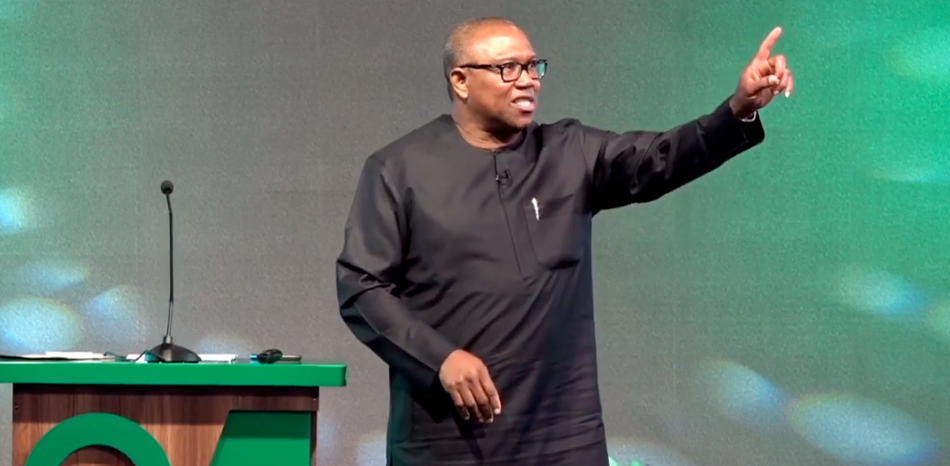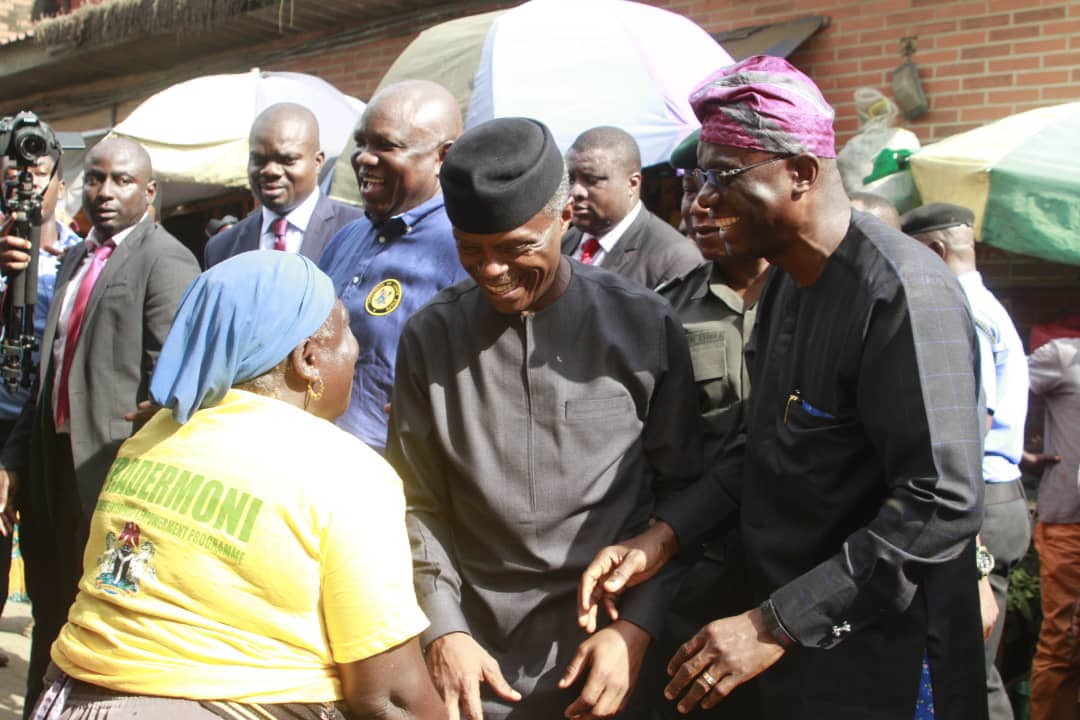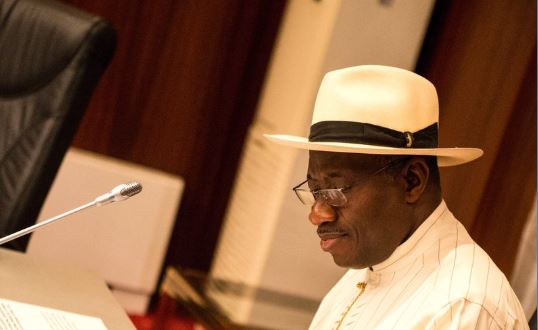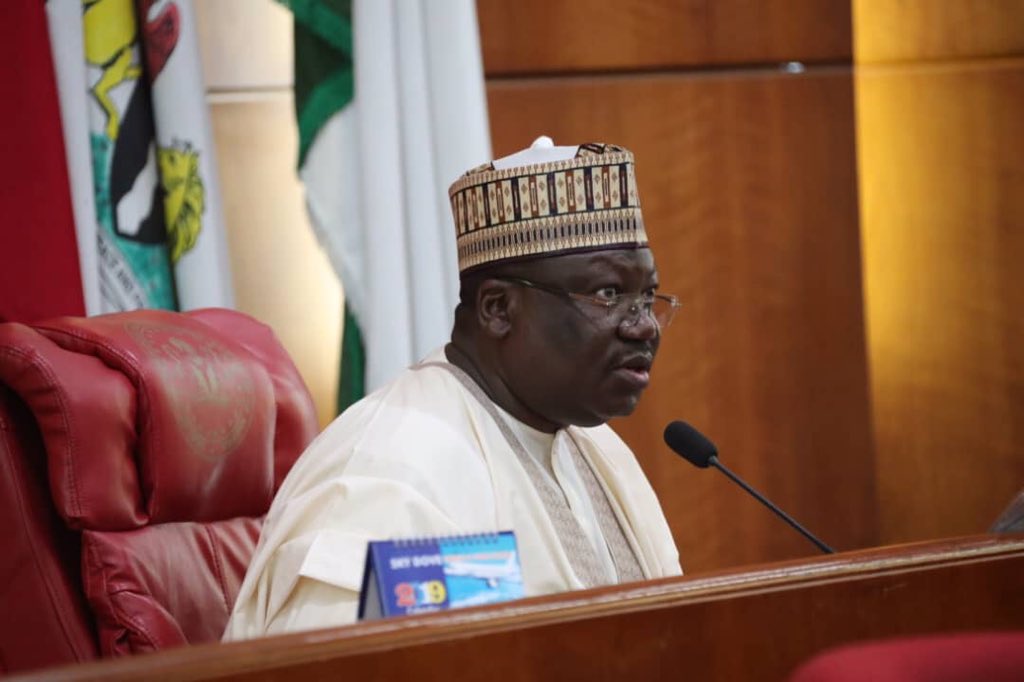On Tuesday, Peter Obi, former governor of Anambra state, addressed thousands of Nigerians at The Platform, an annual conference organised by Covenant Christian Centre in Lagos.
The vice-presidential candidate of the Peoples Democratic Party (PDP) made headlines with quite a number of claims, ranging from security to the economy.
TheCable ran checks to verify the claims made by Obi and here is a summary of our verdict, based on available facts and figures:
CLAIM: “The global life expectancy today is 75 years, Nigeria is 54. Nigeria is the third lowest.”
Advertisement
VERDICT: Mostly true. The United Nations Population Fund(UNFPA) which measures the life expectancy across the world in conjunction with the World Health Organisation (WHO), puts the current global life expectancy at 72 years while Nigeria’s life expectancy is put at 55 years and not 54 as Obi claimed. The WHO also puts it at 55 although this is as at 2016 when the data was last updated. However, Nigeria is indeed the third-lowest among countries ranked.
CLAIM: “Nigeria is now the third most insecure place to live on the surface of the earth. We are now behind Afghanistan and Syria, and with daily killings, banditry and kidnappings, it is being speculated that Nigeria will soon overtake them.”
VERDICT: False. Although Obi did not state the source of his information, the Global Peace Index released annually by the Australia-based Institute for Economics and Peace based is known globally to give such rankings. In its 2019 peace index, the institute ranked Nigeria 16th among the least secured countries to live in. The five least secured countries are Afghanistan, Syria, South Sudan, Yemen and Iraq.
Advertisement
CLAIM: “Nigeria is home for the highest number of out-of-school children, 13.2 million.”
VERDICT: True. Although a Demographic Health Survey (DHS) unveiled in 2018 by the United Nations Children Fund (UNICEF) and the federal government revealed that the number of out-of-school children in Nigeria rose to 13.2 million in 2015, the UNESCO Institute of Statistics (UIS) puts this number as 8.7 million in its policy paper dated 2016. It did not indicate whether Nigeria has the highest of such numbers globally but it listed the country as first among those “home to more than one-third of all out-of-school children” globally.
CLAIM: “Nigeria is one of those countries where the per capita has been falling for years now. In the recent IMF report, it says Nigeria per capita will actually continue to decline until about 2025”
VERDICT: Partially true. While it is true that Nigeria’s gross domestic product (GDP) per capita continued to decline up till 2018 when it recorded its first increase in five years, it is not true that the International Monetary Fund (IMF) projected it will “continue to decline until about 2025.” On the contrary, IMF projects a steady rise of Nigeria’s GDP per capita from 2018 till at least another six years. The international organisation estimates that the GDP per capita will rise to 2,233.5 in 2019; 2,423.8 in 2020; 2,620.2 in 2021; 2,841 in 2022; 3,071.2 in 2023; and 3,315.2 in 2024.
Advertisement
CLAIM: “Our under-employment and unemployment are one of the worst in the world. People will tell you it is about 25%, it is actually over 30%.”
VERDICT: False. In its latest labour force statistics, the National Bureau of Statistics (NBS) reported that the country’s unemployment rate increased from 18.8% in the third quarter of 2017 to 23.1% in the third quarter of 2018. The NBS classifies people who are unemployed as those who did nothing at all or worked too few hours (under 20 hours a week) during the reference period. It added that the total number of people in part-time employment (or underemployment) increased to 18.21 million in the third quarter of 2018.
CLAIM: “Today, Nigeria is the most stressful country. If you read the stress index, they said we are the most stressful.”
VERDICT: False. Checks by TheCable revealed there is no particular report or ranking called Stress Index. However, we looked at the 2019 Gallup Global Emotions Report, the globally accepted parameter for determining such indices, and found out that Nigeria is not the most stressful country in the world. The report noted that Greece is the most stressful country to live in followed by The Philippines and Tanzania. Interestingly, it did not list Nigeria among the top ten countries most affected by stress.
Advertisement
CLAIM: “Nigeria’s inequality today is the worst; 157/157.”
VERDICT: True. In its Commitment to Reducing Inequality Index 2018 where it ranks inequality across countries, Oxfam International noted that out of the 157 countries ranked, “Nigeria remains at the bottom of the CRI Index, failing the poorest people, despite its president claiming to care about inequality.”
Advertisement
Editor’s note: This story has been edited to reflect latest facts.
Advertisement
1 comments








Nice work by the formal governor and the cables news, is important these things are revealed, even if the ex governors reports are not very correct or false, he has done well to keep all these in check for us to know where we are and what we are doing.Thanks to cables too for checking it will make the ex governor report better next time.